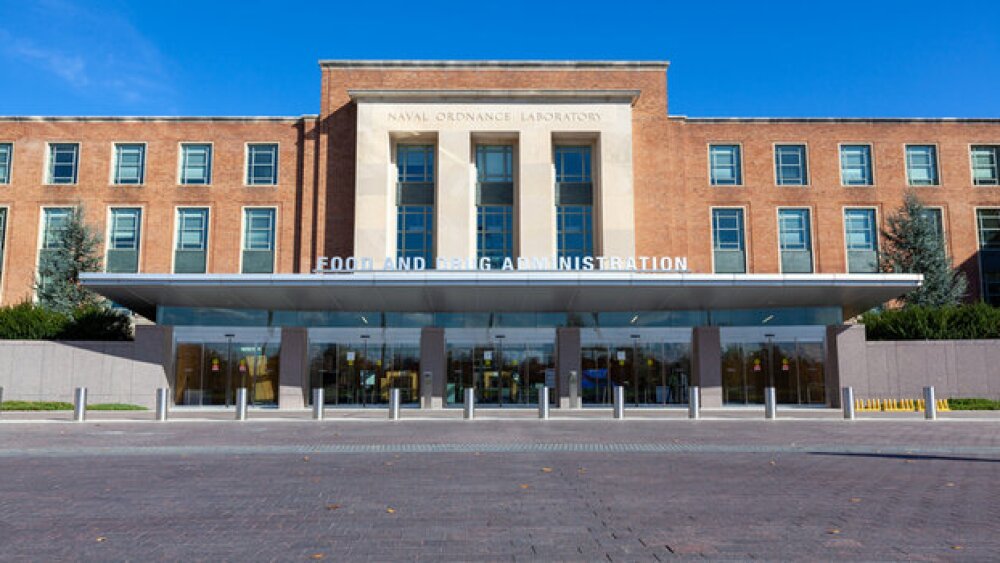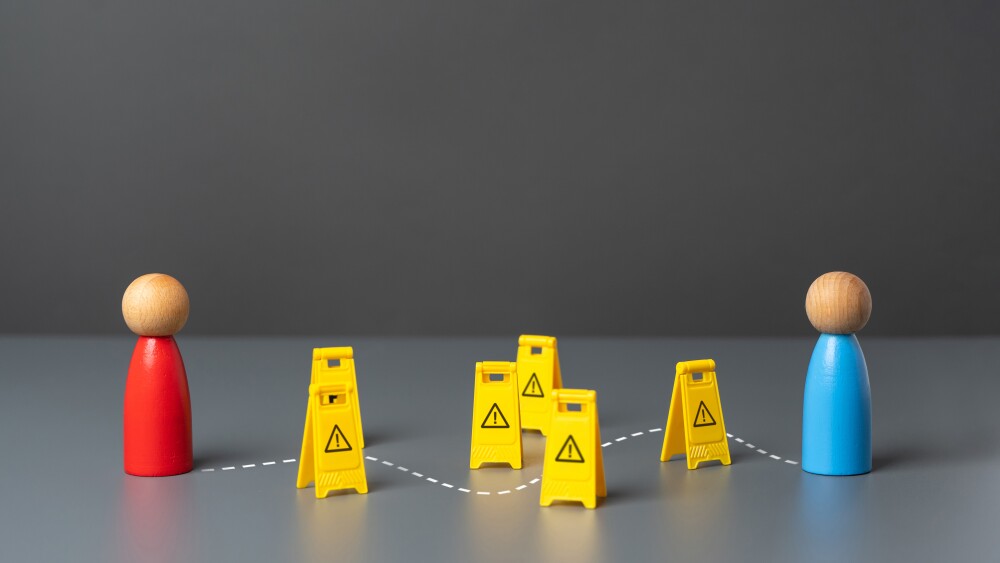Rakuten Medical was formerly called Aspyrian Therapeutics. Since launching in 2015, it has raised almost $500 million.
Rakuten Medical announced it had raised $100 million in a Series C-1 Preferred Stock financing. The financing came from Rakuten, an internet services company based in Tokyo. This raise increased Rakuten’s equity share of Rakuten Medical to 22.5%.
Rakuten Medical was formerly called Aspyrian Therapeutics. Since launching in 2015, it has raised almost $500 million. The name change took place earlier this year and was related to the extensive investment by Mickey Mikitani, the Japanese billionaire who founded and ran online retailer Rakuten. Mikitani plans to expand the strategic connections between Rakuten Medical and Rakuten. Mikitani is chairman and chief executive officer of Rakuten Medical.
“Culturally, the technology industry has revolutionized society by being bold, action-driven and innovative,” stated Mikitani. “And we hope to do the same at Rakuten Medical by exploring opportunities that will combine Rakuten’s technology expertise with Rakuten Medical’s first-in-class photoimmunotherapy platform.”
Rakuten Medical has offices in the U.S., Tokyo, Taiwan, Amsterdam and Sinn-Fleisbach, Germany. It is focused on precision-targeted therapies via its proprietary photoimmunotherapy platform.
The company’s lead program is ASP-1929, which was given Fast Track designation from both the U.S. Food and Drug Administration (FDA) and the Japanese Ministry of Health, Labour and Welfare. It is in Phase III clinical trials for recurrent head and neck squamous cell carcinoma (rHNSCC). The Phase II trial indicated the therapy had a high response rate in patients who failed existing treatment options.
The company’s technology is made up of a drug and device combination that uses monoclonal antibodies attached to a dye (IRDye 700DX). Using non-thermal red light, it excites the dye, which causes rapid and selective cell death and tumor necrosis with minimal effects to normal tissue. The monoclonal antibodies deliver the dye to the cancer cells.
The company plans to use the additional funds to expand development of the phototherapy program, bolster its business functions and to look for new investigational compounds and indications for its tech platform.
“The additional investment from Rakuten solidifies our commitment to accelerating Rakuten Medical’s business and commercial development,” Mikitani stated. “I believe we can cultivate a sustainable health care ecosystem to provide patients with safe and easy access to, and better care in, the treatment of cancer, regardless of their nationality or income.”
Rakuten was founded in Tokyo in 1997 as an online marketplace. It has expanded into e-commerce, fintech, digital content and communications. The Rakuten Group employs more than 17,000 people with operations in 30 countries.
On May 31, Rakuten Medical opened offices in Amsterdam, Netherlands and Taipei, Taiwan. The Amsterdam office will act as the company’s European headquarters. Its office in Germany, which opened in 2016, will focus on its development and manufacturing operations for PIT devices. The Taipei site will be a subsidiary of Rakuten Medical Japan and support growth and future commercial launches.
At the time, Mikitani stated, “Rakuten Medical is poised to become a fully integrated biotechnology company, and we are gearing up to build and commercialize a strong pipeline of anti-cancer therapies based on our proprietary photoimmunotherapy platform. Expanding our presence in Europe and Asia is critical for us to deliver upon our mission of conquering cancer and delivering safe and effective treatments that could transform and improve the lives of patients globally.”





